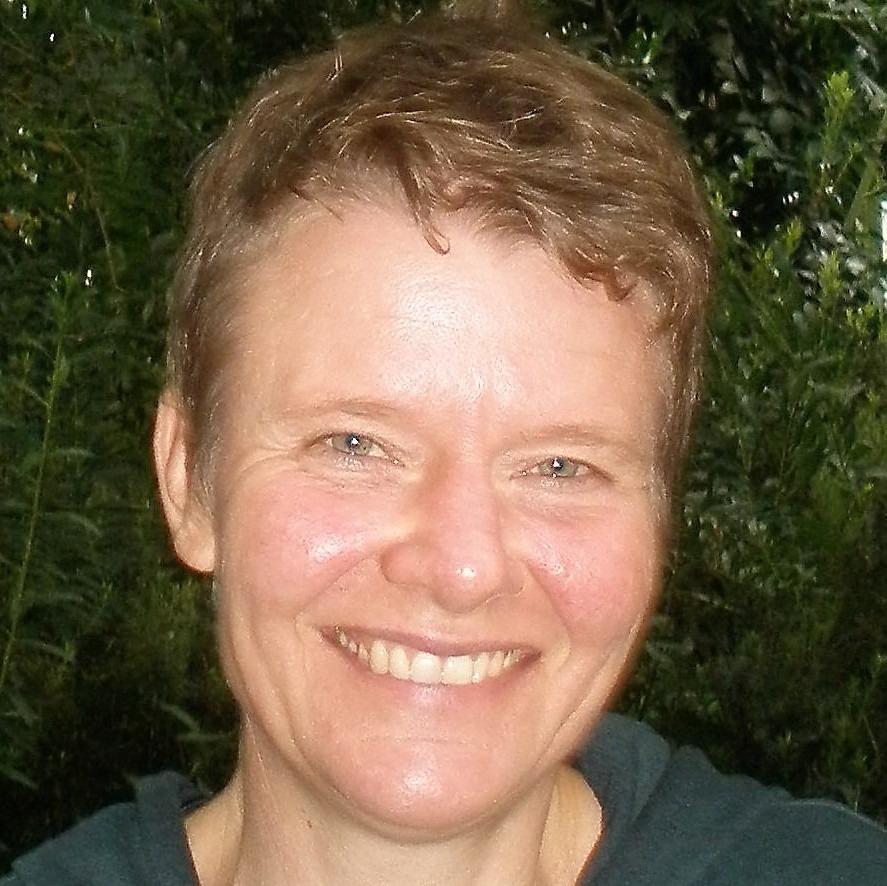
Dr. phil. Dipl. Psych. Gisela Fux Wolf, Psychologische_ Psychotherapeut_in in independent shared praxis in Berlin (no pronoun) (* 1968)
After a lot of queer activist educational work, I did research on queer issues (e.g. lesbian women’s health, health care for trans* and non-binary persons) and further psychotherapeutic training (behavioural therapy licence, additional qualifications in systemic sex therapy and trauma therapy). I currently work as a psychological psychotherapist in an independent shared praxis with eight other colleagues in Berlin/Charlottenburg. Otherwise I like to be outdoors a lot. At the moment, I am also part of a queer book collective that wants to publish texts on various alternative sexualities and gender identities in the following years. Co-writers are welcome to get in touch.
Lecture
BDSM AND PSYCHOTHERAPY
Within the health sciences and especially in psychotherapy and psychiatry, people who lived kinky lives were pathologised and marginalised for a long time. In the last 40 years, affirmative health care services that integrate community knowledge have developed out of various kinky communities in awareness of and in distinction from stigmatising ways of dealing with them. Specific guidelines have also been developed to provide non-discriminatory and good quality care. These guidelines can empower kinky clients as well as provide a treasure of kink competent knowledge for health care providers.
In the workshop, after a brief look at the history of medicine, I would like to trace psychology’s move towards depathologisation and finally towards kink-competent approaches. I would then like to open the space to look at psychologically challenging, difficult and also hurtful situations in kinky interactions, to make them recognisable and discussable. And to show how a kink-competent psychotherapeutic offer can be designed in such situations and which community resources we have to support each other here. It is important to me to create an atmosphere in the workshop in which every person can dare to speak out – even from an otherwise marginalised position.
